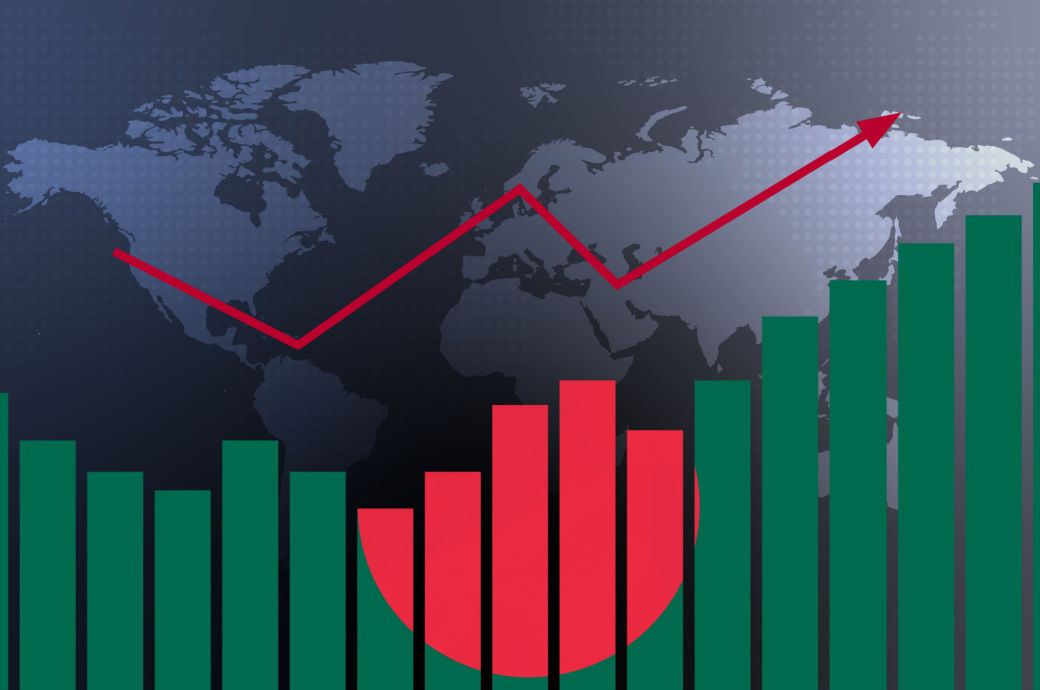
The rise in prices of electricity and fuel, import controls, lack of adjustment between local and global prices and interest rate caps are perceived as the reasons behind the high inflation.
Inflation had hit a record 9.52 per cent in August last year.
“We, however, hope that inflation will come down soon as global prices of most commodities are on a decline. Our supply chain is also working well," state minister for planning Shamsul Alam told a press conference, where planning minister MA Mannan presented the latest inflation data.
"If the price of oil, which is now increasing after a slight fall in the international market, continues to hike, inflation in our country may increase again," Alam was quoted as saying by Bangladeshi media reports.
The price of electricity increased by 15.8 per cent in three phases between January and February, and that adversely hit commodity prices.
The government has also been controlling imports in a random manner, resulting in a crisis of raw materials, intermediate inputs and spare parts required for the maintenance of industrial machinery, according to a former World Bank expert.
On the demand side, he said, increased money circulation in the form of government loans from the central bank triggered inflation.
Due to a weak market monitoring system, traders too raised prices of essentials before the festive month of Ramadan.
ALCHEMPro News Desk (DS)
Receive daily prices and market insights straight to your inbox. Subscribe to AlchemPro Weekly!